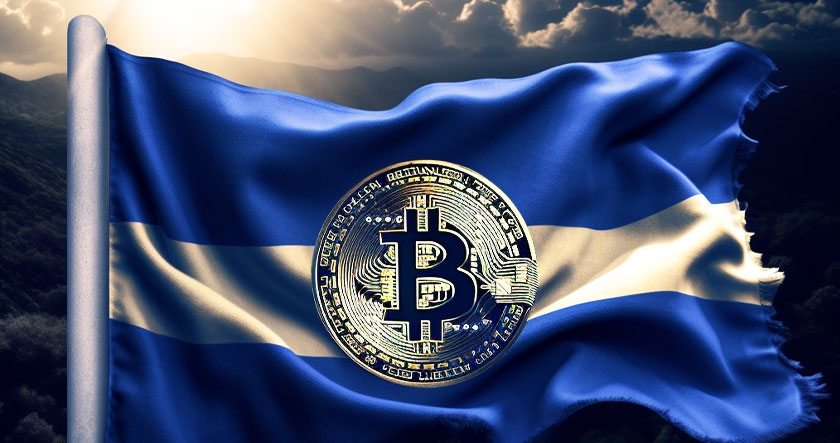What does it look like when a country fully embraces cryptocurrency? We need look no further than El Salvador to find the answer, as the country has adopted bitcoin as an official currency, provides free of charge education opportunities to its citizens, and is quickly becoming the mecca for cryptocurrency tourism. The results, while predictable to a degree, have occasionally been stunning.
In 2021, El Salvador became the first country to adopt bitcoin as legal tender. A year later, the country took another step forward by committing to buy one bitcoin a day. By doing so, the country reaped enough profits to pay off an $800 million bond in January 2023.
El Salvador’s own bonds have continued to rally through the year, showing gains of more than 60 percent as of a few weeks ago as investors pump cash into the country’s economy. Tourists from around the globe are coming to the country to live bitcoin-based lifestyles, even if only temporarily.
It’s been enough for El Salvador to design and propose “Bitcoin City”, a futuristic bitcoin-based city with a large entertainment sector that would be powered by two adjacent volcanoes. The design was compelling enough to be recognized by the global LOOP Design Awards earlier this year.
But all of that, while remarkable, is only part of the picture. The El Salvadoran government’s Bitcoin Office developed Cubo+, a program offered at no cost that teaches students the ins and outs of blockchain technology. The program, while still in its infancy, has seen signs of early success, with the first graduates being sought out by cryptocurrency companies Blink, Tiankii, K1, Stike, and Bitfinex.
Beyond teaching adults about the intricacies of blockchains, El Salvador is also working with its younger citizens with Mi Primer Bitcoin, or My First Bitcoin. Founded by a third party, the ten-week program now has the backing of the El Salvador government and was reaching class sizes of 800 or more as of last year.
Thanks in part to the implementation of these classes, the acceptance rate of bitcoin at local merchants increased from virtually none to 20 percent a year after the official adoption of bitcoin as legal currency. It’s nothing to sniff at when the comparative adoption rate of credit and debit cards is 25 percent.
El Salvador is an example of why successfully implementing cryptocurrency at a national level requires more than simply making it legal. It’s also a matter of including a mass education plan to inform the public, not only to encourage cryptocurrency adoption but to provide a pathway for technical understanding and all the related job opportunities that come with it.
A rising tide lifts all boats, after all. Ensuring that its residents are familiar with bitcoin and how it works means that as cryptocurrency becomes more popular around the world, El Salvador’s citizens will be ahead of the curve. Because of that, they’ll be able to comfortably take jobs in the industry (both local and remote), innovate their own cryptocurrency technologies, and launch cryptocurrency-related businesses – all while citizens in bitcoin-backward countries sit on the sidelines. We certainly wouldn’t be shocked to see more nations embracing cryptocurrencies in the near future.







